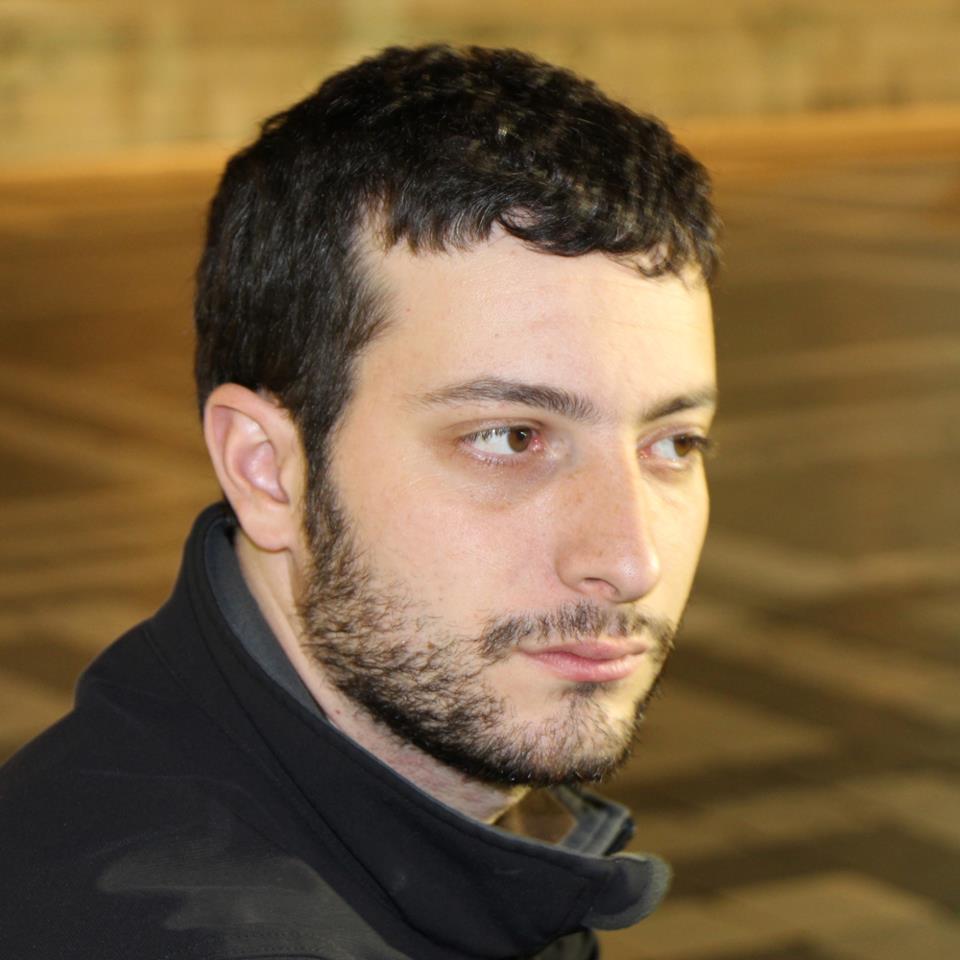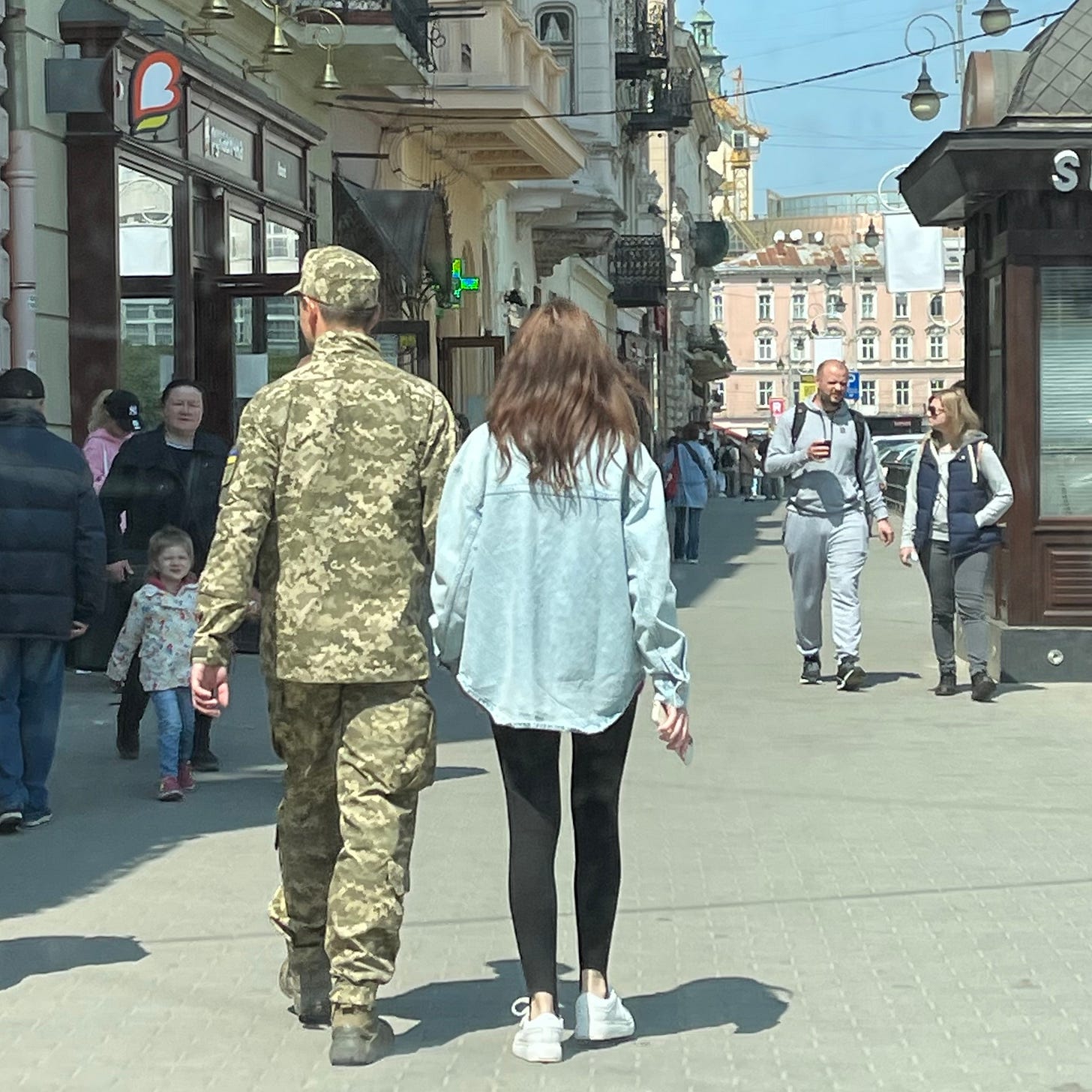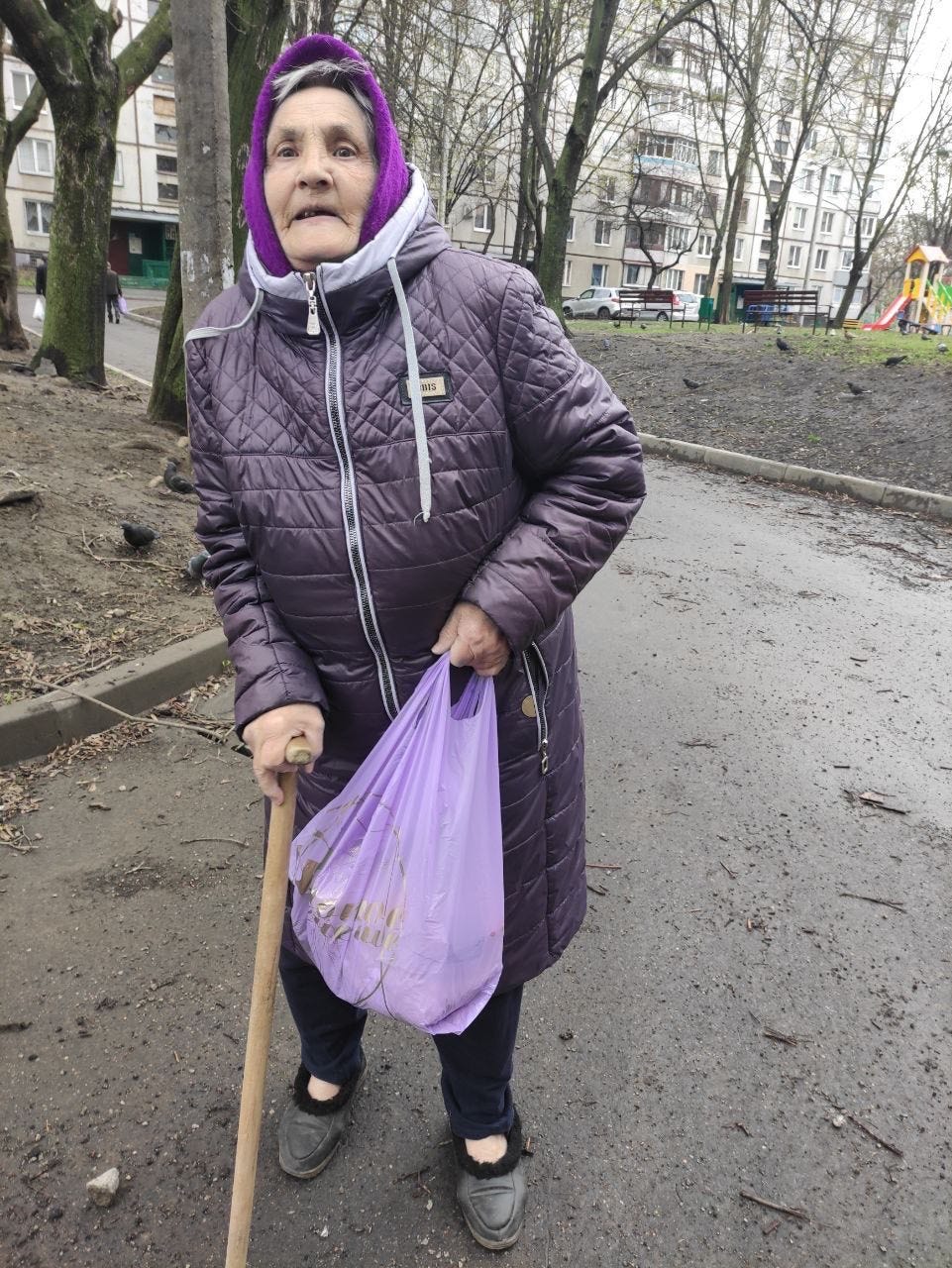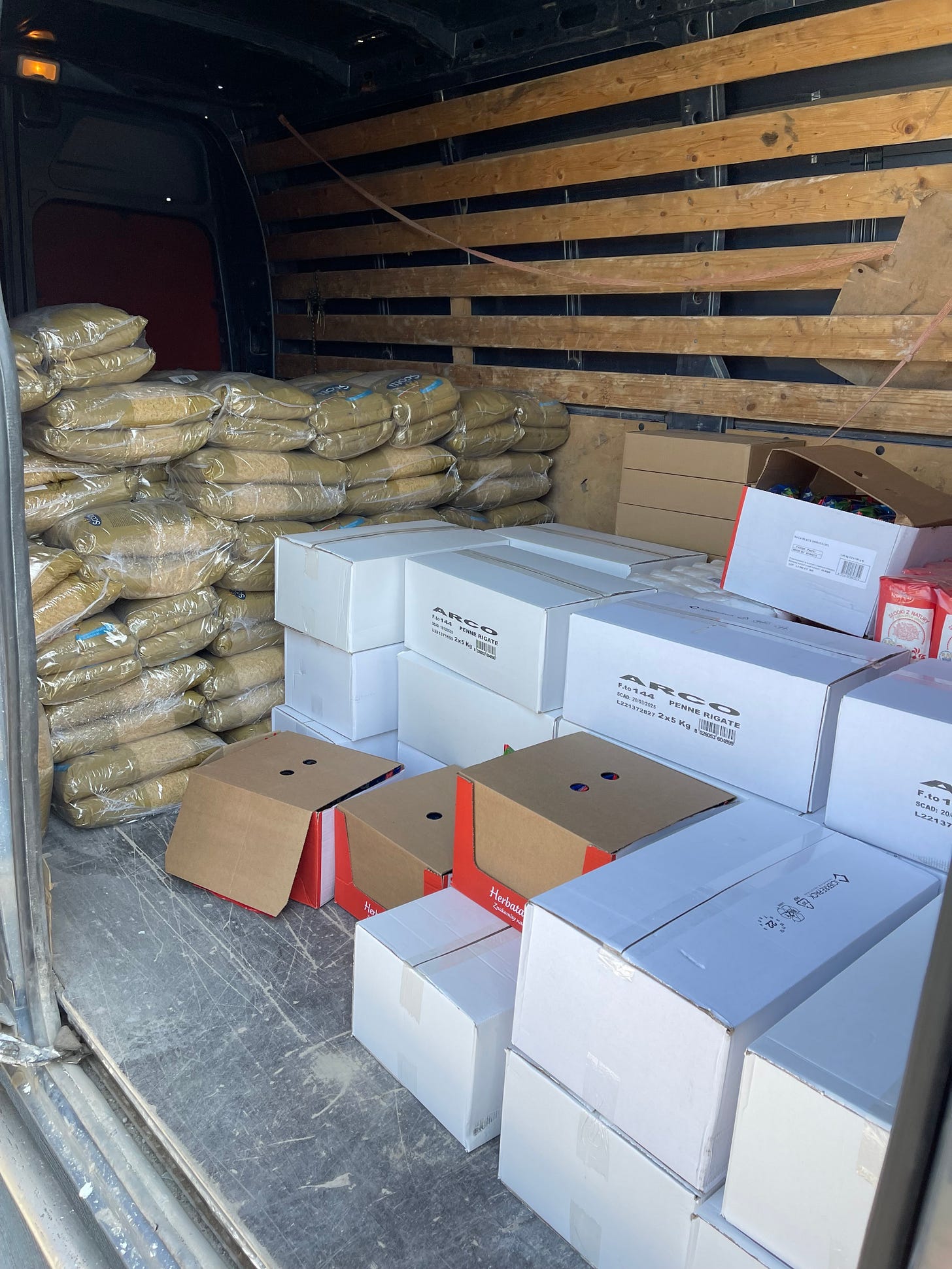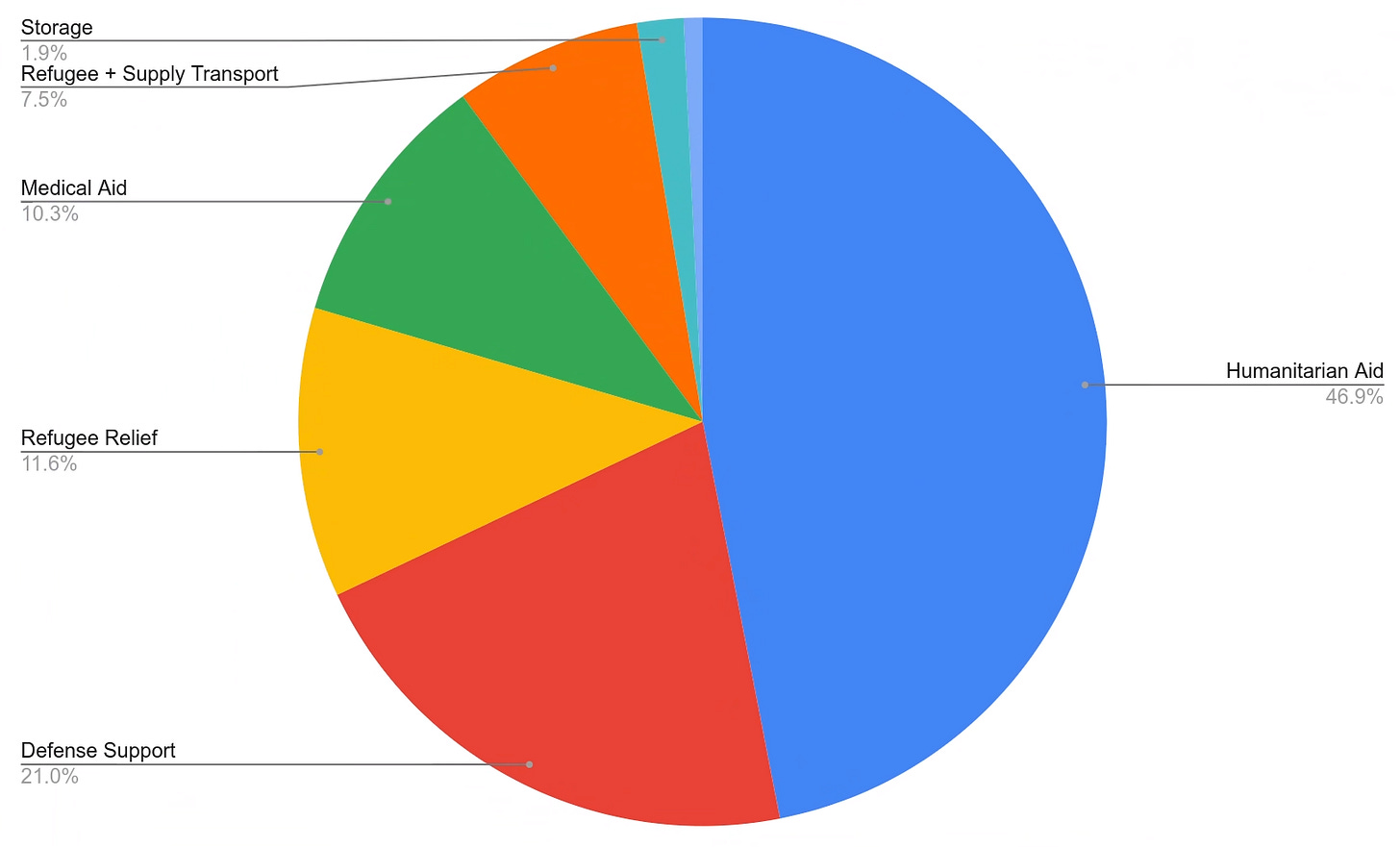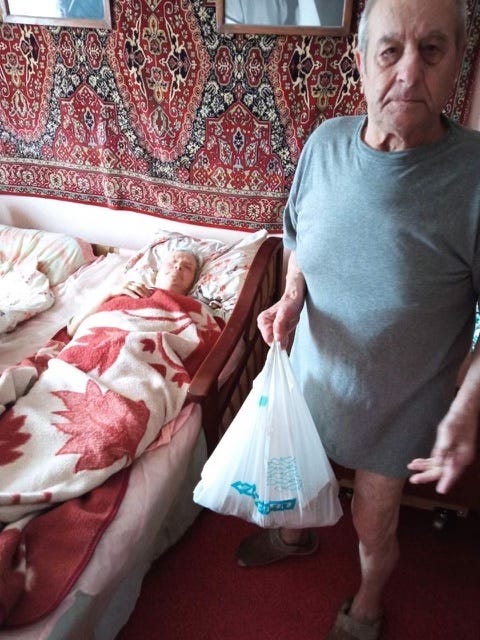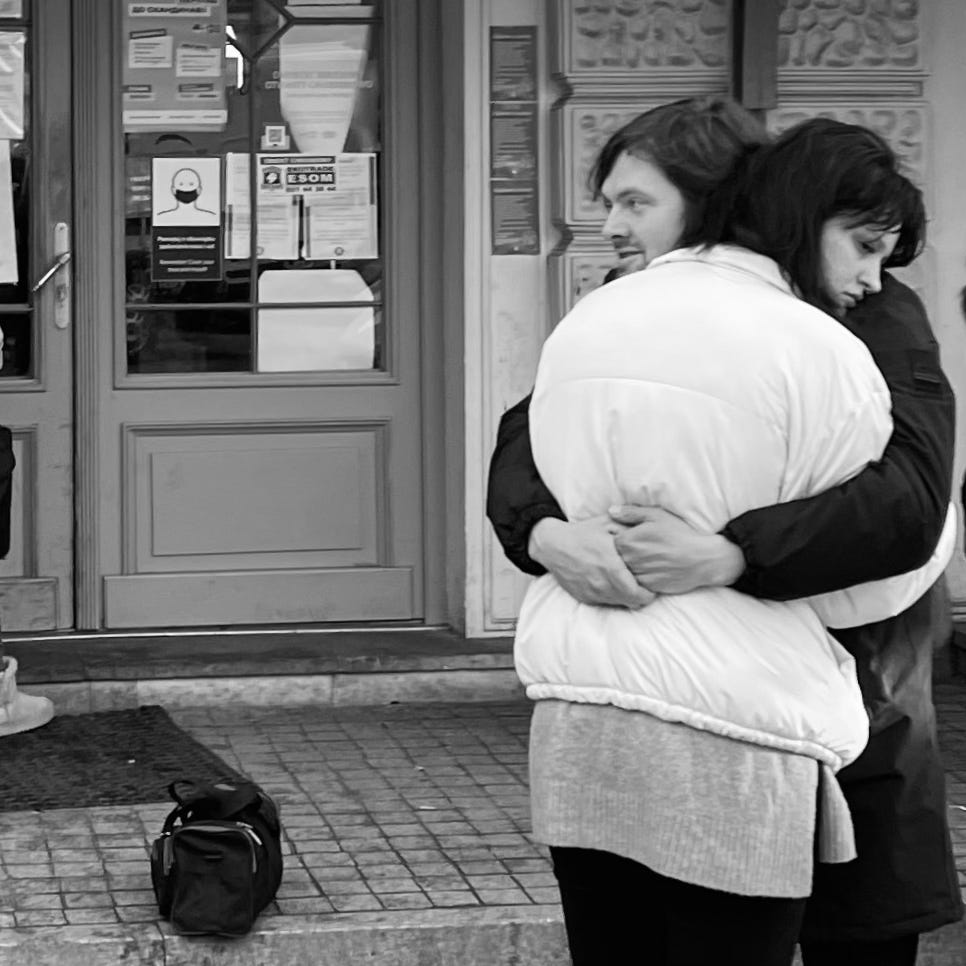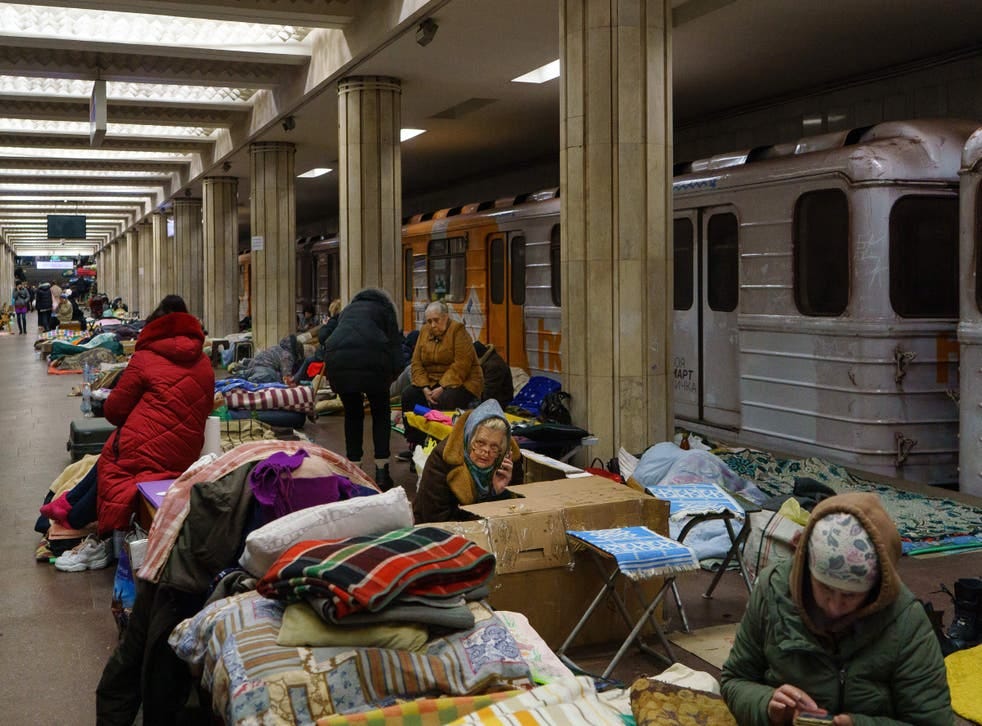I’m writing to you from one of the countless border crossing lines I’ve waited on in the last two weeks. I’m on my way to Poland to pick up several more suitcases of specialty medicine from Sauveteurs Sans Frontières, then I’ll take it back to Ukraine for onward delivery to the east. I’ve gotten pretty good at these crossings, and it helps to have priority access when laden with humanitarian aid for Ukraine. My record cross time so far is 28 minutes. But you don’t want to hear about border logistics.
Stalin said that one death is a tragedy, and a million deaths is a statistic. I thought about this the other day when driving through the village of Ivano-Frankove and traffic ground to a halt for a funeral procession: A hearse, led by a priest and a coterie of singing babuskas, with a young widow draped in black and two dozen family and friends in tow. It was a simple but mournful procession that might be routine in any other place. But this isn’t any other place.
This scene is being repeated thousands of times over in every town and small village, every day across Ukraine right now. Wives are becoming widows and children are becoming orphans. People are going back to work to find desks of coworkers empty, and so many poker nights are now short a player. And all for the sake of a completely unnecessary war, and a 19th century imperial fantasy in the deranged head of one wrinkly old crackpot in Moscow.
I realized talking to my new friends here that the initial anger and shock that we all felt in the first couple weeks of this war has faded into the background. Anger and frustration are not productive emotions, and you learn really quickly that it doesn’t help make queues go faster or prices go down or gas become available or goods reach their intended destinations quicker. Everything on the ground is harder than it should be, but you suffer it because you must, and there is no other option. You push forward because your anger has yielded to something more powerful and more useful: a desire to win, at all costs. The recent Anne Applebaum column said it best: Putin has to lose. There is no other option.
This is why so few expats I’ve worked with on the border have been able to stay away, even as some have taken much needed breaks back home in Europe or Canada or wherever they are from. Many have pushed harder and deeper into Ukraine, taking on more and more dangerous missions, following the urgency: families that need evacuation, orphanages that need resettlement, soldiers that need medical care, children that need cancer treatment, villages and towns that need food, soap, toothbrushes, underwear, and medicine, all before the Russians close in and martial law is imposed.
I am thankful I have a day job, which keeps me grounded and in a routine. After all, I have to be at a high speed wifi connection at 4pm Ukraine time every day. If I didn’t, I could see myself being pulled further east, as the demands from the front lines are impossible to ignore. Many of my new friends here quit their day jobs as receptionists and roofers and bricklayers and students and are now routinely dodging rocket strikes while shuttling crucial supplies across the pockmarked landscape. One of my new driver friends told me their joke: “In the UK, you drive on the left. In Europe, you drive on the right. In the Ukraine, you drive on the part of the road that’s still there.”
I’m closely watching how this war is affecting the expats here. There are no psychological services available for volunteers and aid workers, and certainly nothing to prepare many in civilian life for talking to rape victims or seeing corpses or having friends murdered. When a volunteer (Irish) soldier showed me a picture of his mates and a Ukrainian family they rescued, and then told me “ten minutes later everyone in this photo was dead,” and then proceeded to tell me in excruciating detail what it was like to wear the same pair of underwear for two weeks and fight in the trenches with no food, because humanitarian groups consider feeding soldiers to be outside their purview—well, you don’t really have an outlet for hearing these sorts of stories, let alone experiencing them firsthand.
And this is also the reason why everyone’s anger is pointed not at the Russians — after all, we are united in our common purpose against them and, as discussed, this anger is not productive — but at the governments and NGOs on our side that don’t seem to understand the reality on the ground. The governments continue to make humanitarian border crossings a nightmare, holding up trucks for days, especially the empty trucks going back to Poland to pick up more supplies. Fuel price caps and various other regulations have worsened diesel shortages, and this whole supply effort runs on diesel. NGOs talk about donations going to “humanitarian purposes only” as if it is possible to separate civilian needs from the war effort. Humanitarian aid is useless if the Russians have cut off supply lines. Medicine is useless if the recipients are killed. Most importantly, soldiers are people too, and they need to eat and brush their teeth and have clean socks and underwear. Where is the help for them? And how can we possibly be expected to win this war without it?
I am also shocked by the failure of last mile logistics from NGOs here. I’ve now been at the warehouses of at least four major Internatonal NGOs in Poland, all with the same general pattern: a supply drop of hundreds of pallets of humanitarian aid in a warehouse given to a project manager with absolutely no budget or even a plan for getting the supplies into Ukraine. These poor project managers, many of them first timers, are being asked to move hundreds of pallets without trucks or forklifts or money or local contacts or translators, and many of them are even forbidden from crossing the border. How are these goods supposed to make it into Ukraine, let alone to the front lines where they are needed the most?
The truth is, that task is left to the volunteer drivers working here who are risking their lives every day to bring supplies to the front. They will receive no parade back home, no medals or recognition for their work, and certainly no accolades from the Ukrainian government. They’re paying for their own gas and lodging. Aid convoys have been bombed and volunteers have been killed, and they will receive no military honors or benefits for their families back home. And many of these volunteers are expats who don’t need to be here. They are here because they see this war for what it is: a fight for our civilization and our values. And though diesel fuels their cars, it is duty that drives them to the front.
That is why we need your help more than ever, to cover food, medicine, and most importantly, diesel!!!
We just established our US aid umbrella, Ukraine Aid International, which means we can now take tax deductible contributions. Please Venmo @ukraineaidinternational or email me for wire transfer details.
Thank you for all your support.
